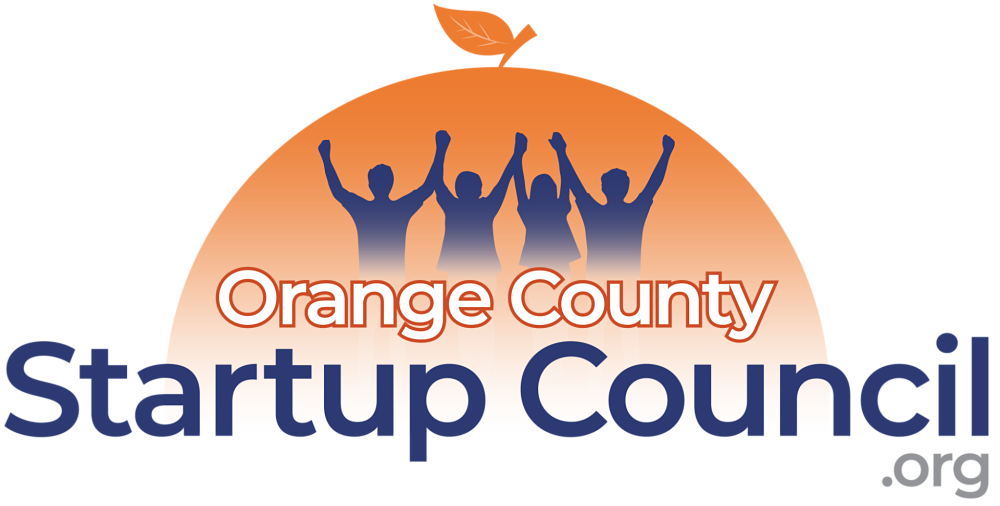An article we liked from Thought Leader Emma McGowan on Startups.com:
10 Real-World Startup Valuation Methods
Startup valuation is more art than science - but let’s explore both. Here are 10 tried and true methods for figuring out what your startup is worth.
The question of startup valuation is one that founders struggle with, especially in the early stages. If you’re pre-profitable — or even pre-cashflow — how can you figure out what your company is worth?
One way is to think about “value” as something that exists beyond monetary terms.
“Valuation is both art and science,” Lili Balfour of Atelier Advisors says. “The science is the easy part — researching valuations for comparable companies and constructing a revenue or EBITDA multiple. The art is more subjective. How strong is the team? How probable are the leads in the pipeline? How innovative is the technology?”
Those are the more nebulous aspects of “value.” Another aspect is the valuation of similar companies that are already out in the market.
“Startups, by definition don’t have a long track record of revenue, earnings or cash flow (if any) so much of the valuation exercise is conducted by looking at the marketplace of comparable companies and understanding how the industry for a type of startup values the companies within it,” Georgene Huang, CEO and Cofounder of Fairygodboss, says.
Those are the first steps: Think of value beyond monetary terms and then think explicitly about the monetary value of similar companies. But, like so many things in the startup world, there’s more than one way to figure out startup valuation.
Check out the startup valuation methods these ten founders and investors recommend for figuring out how much your company is likely to be worth.
1. Standard Earnings Multiple Method
“The method that I prefer for startup valuation is a standard earnings multiple, with additional consideration being attributed to recurring revenue models. This method provides the greatest insight into free cash flow and how that metric will drive incremental value to a purchaser.
In my market, the multiple typically ranges between 5 to 8x the past three years average profit (yearly) but in SAAS businesses, ranges may fall in the 8 to 12x range.
Besides the standard profit model, other factors to consider are previous debt incurred or funding rounds as well as the intellectual capital of the product or service. In situations which strategic buyers are present, and a company has some sort of patent or proprietary technology, valuations can grow tremendously without profit being on the books.”
–Craig Smith, Founder & CEO, Trinity Insight
Additional notes/resources:
- How To Value Your Startup Using Comparables by Nathan Hurst
- CBInsights, Crunchbase, and Pitchbook are great resources
2. Human Capital Plus Market Value Method
“Figuring out startup valuation is no easy task for an investor because most of them have very low intangible/intangible assets ratio. In other words, a potential investor should calculate a value of ideas, know-hows and human potential of the team.
There are two ways I value the projects: Firstly, I can get to know the team and their expertise, I assess the people who develop the project (when you work in a common sector of economy with those who you assess, e.g. IT, it could be a pretty simple task).Secondly, I can perform a purely mathematical valuation based on...
Read the rest of this article at startups.com...
Thanks for this article excerpt and its graphics to Emma McGowan on Startups.com.
Want to share your advice for startup entrepreneurs? Submit a Guest Post here.

